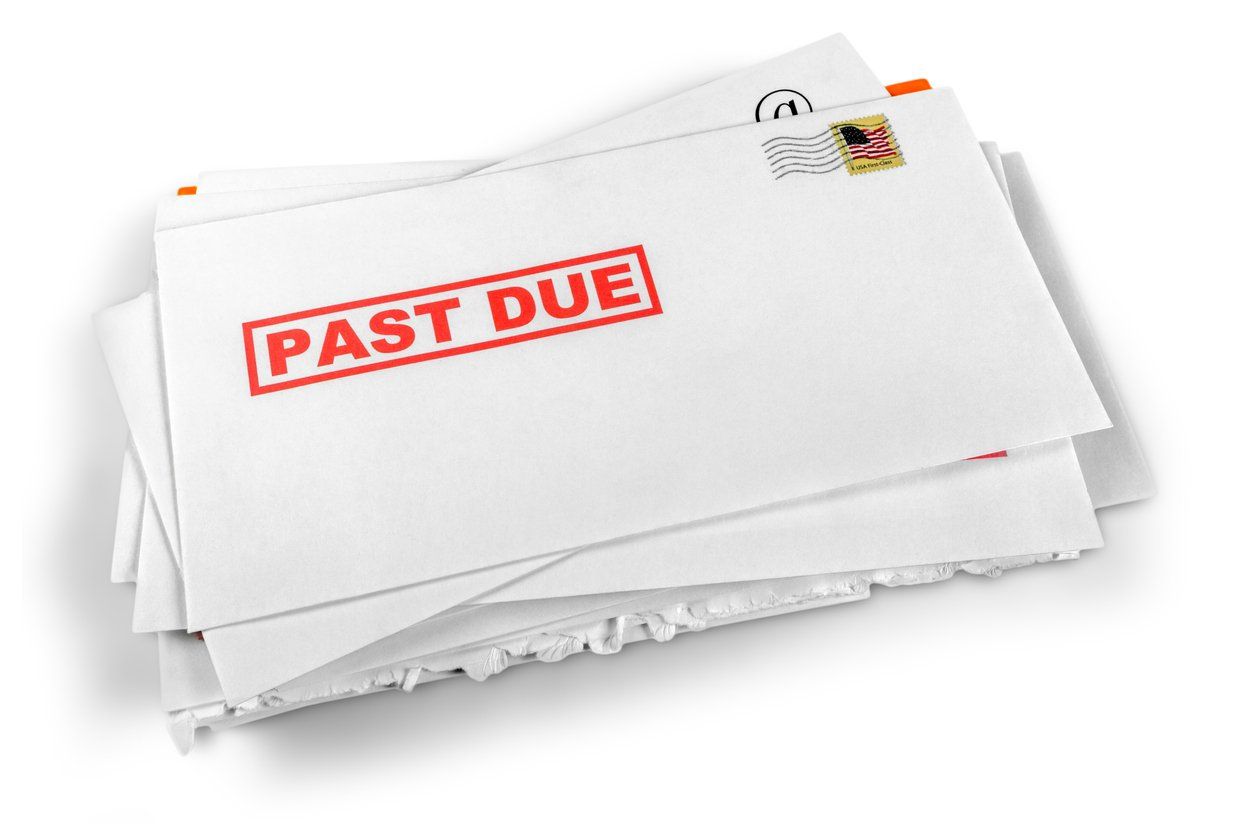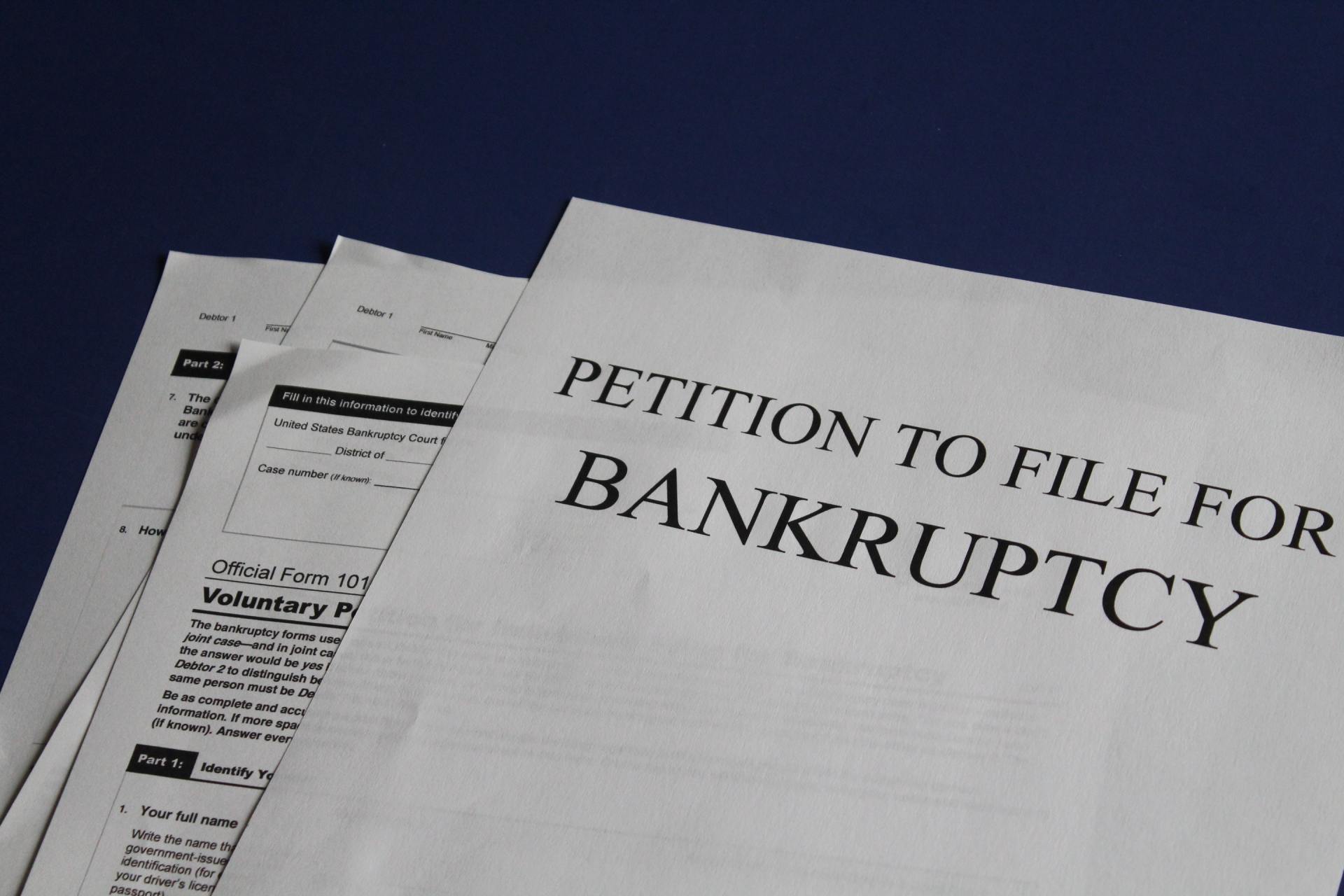How a Chapter 7 Bankruptcy Filing Affects Property
September 23, 2019
When a bankruptcy case is filed, there are generally two timelines or processes triggered.

The first timeline or process deals with the creditors. Initially an automatic stay is put on all creditors and it then becomes permanent once the discharge enters. The second timeline or process deals with the Debtor's property rights. This article plans to explain what happens to various property in a bankruptcy filing. You should consult an attorney especially if you wish to retain or sell property through your bankruptcy filing. If you wish to consult me, you may do so through email (njtlawdenver@gmail.com) or phone (720-319-7049).
Listing property in your schedules
In the schedules of a bankruptcy petition a Debtor is required to list any and all rights they may have in any property. Failure to comply could result in denial of a bankruptcy discharge altogether. In the District of Colorado the judges have placed a very low standard on whether an omission or misrepresentation is material. So the bottom line is that it is generally silly to conceal or hide property, regardless of its value.
The Bankruptcy Estate
The side of the bankruptcy case that deals with property is fairly simple. At the outset, the Debtor discloses all rights in property she may have. Additionally, upon filing all the Debtor's property becomes property of a bankruptcy estate. This means the Debtor no longer has legal authority to sell or otherwise dispose of any property. Any sale or disposal of bankruptcy estate property must be authorized by the Court. You will generally not get approval to sell or dispose of property without the Trustee's approval as well. The Trustee reviews the property and generally briefly examines the Debtor regarding her property at the 341 meeting of creditors. In more complicated cases, the Trustee or creditors, may conduct a 2004 examination of the Debtor to learn more. After reviewing the property the Trustee will decide whether the property is consequential or inconsequential to the bankruptcy estate. Any inconsequential property will be abandoned by the bankruptcy estate, meaning the Debtor keeps it.
If the property has value to the bankruptcy estate, the Trustee will sell it (in some cases the Debtor may be the buyer). After the sale the Trustee will review claims of creditors and eventually file a report with the Court explaining how much was received and who was paid how much. After the report is filed the Court will generally close the case.
The Bankruptcy Estate: How is it determined whether property value is consequential?
A bankruptcy Trustee will generally review property for value by taking the liquidation value of the asset, subtracting any valid liens, and then subtracting any valid exemptions the Debtor may have claimed. For example, a Debtor who is entitled to Colorado exemptions and has a residence she currently lives in, files for bankruptcy relief. Let's say the value of the residence is $200,000 and there is a valid mortgage of $145,000. The homestead exemption in Colorado for this Debtor is $60,000. So $200,000 - 145,000 - 60,000 = -$5,000. So there should not be value to the bankruptcy estate because if the residence were sold, the bankruptcy Trustee must first pay $145,000 to the mortgage company and before the Trustee may pay any creditors the Trustee must give the Debtor her $60,000 exemption. In this example only $55,000 was left to give the Debtor. However, because the value is so close, I would advise a client to obtain a reliable valuation of the home. There is nothing worse than filing your case and having the Trustee find that they could actually sell your home for more. So say the residence is $250,000. $250,000 - $145,000 - $60,000 = $45,000. Now the Trustee is going to sell the home, pay the mortgage company $145,000, pay the Debtor $60,000 and pay the creditors the remaining $45,000. A final note would be that cost of sale is generally considered in this equation but to keep things simple I assumed the value considered the cost of sale.
The above examples used what is generally the biggest asset an individual has, but the same can be applied to smaller assets such as motor vehicles, collectibles, guns, etc... Some assets may not be entitled to an exemption at all. In such cases the analysis is the same, just changing the value of the exemption to '0'. Lets use a gun, which generally under the Colorado exemptions is not protected. The gun is valued at $1,500 and paid in full (so nobody has a lien on it). $1,500 - $0 - $0 = $1,500. The bankruptcy Trustee will then decide if the gun is worth the time and effort of a sale. My experience tells me that most Colorado Trustees will find $1,500 worth the time and effort to sell. However, most Trustees will also give the Debtor an opportunity to buy the gun instead of the Trustee putting it on auction. So if the Debtor wishes to keep the gun, she may come up with the money to buy it back from the Trustee, otherwise, the Debtor is left with the option of attending the auction and bidding on the gun herself.
Denver Bankruptcy Law Office Nathaniel Thompson

A primary goal of a lot of clients is to rebuild their credit. A good Colorado bankruptcy attorney can assist you with this process. Often the first step to rebuilding something is to first demolish what is already there. A bankruptcy will accomplish that task and then it must serve as the foundation on which to rebuild your credit. So, how do you go about rebuilding your credit into something strong?

When people think bankruptcy, they usually immediately think the bankruptcy court is going to take and sell all their stuff. While the most basic way of explaining chapter 7 bankruptcy is that the bankruptcy court sells your assets and in exchange of you putting yourself through that process you get a discharge of your debts, it is a bit more complex than that. So, it is highly recommended that you contact a Denver bankruptcy attorney before filing.

Exemptions in bankruptcy are the statutes determining which property you are permitted to keep and which property is to benefit the creditors. Because property rights are generally an issue the federal government reserves to the states, Congress decided that the bankruptcy code should permit each state to determine the exemptions to be used by residents of the respective state. If you live in the Denver Colorado area, we highly advice you consult a Denver bankruptcy attorney before filing.






